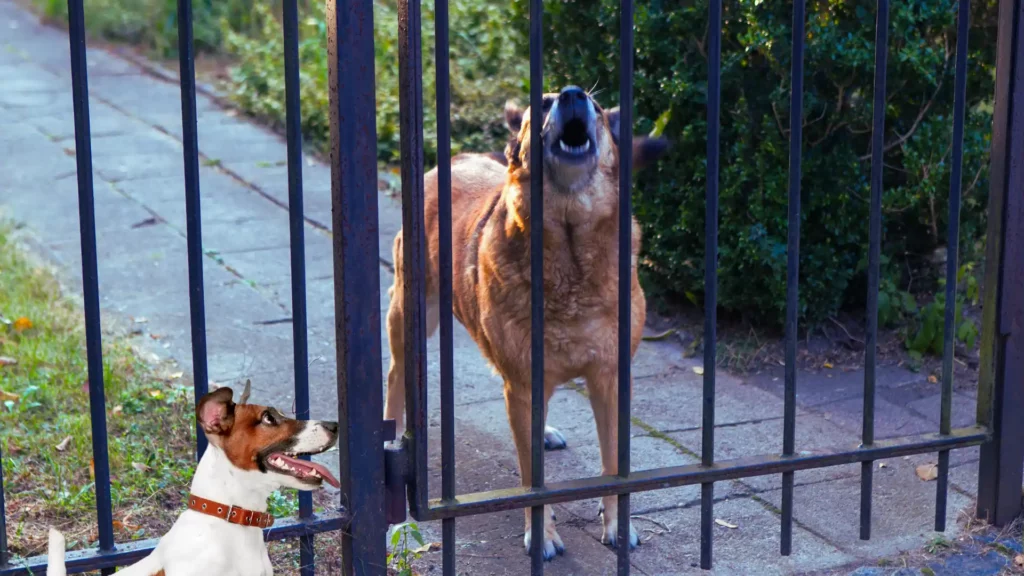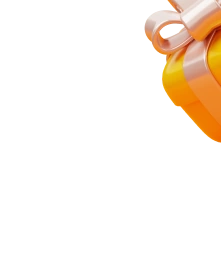Dogs are known for their curious and sometimes quirky behaviors. From tail chasing to shoe chewing, our furry friends often engage in activities that leave us puzzled. One such behavior that may leave dog owners scratching their heads is when their beloved pet starts licking metal objects. While it may seem strange and even concerning, there are several reasons Why is My Dog Licking Metal.
Reasons of Why is My Dog Licking Metal
1. Exploring the Canine Senses
Dogs are renowned for their keen sense of smell, but their sense of taste is equally important to them. Licking objects is a natural behavior for dogs as it allows them to gather information about their surroundings. When it comes to metal objects, their cool and smooth surfaces may pique a dog’s curiosity. The taste and texture of metal can be intriguing to them, leading to the desire to lick and explore further.
 2. Comfort-Seeking Behavior
2. Comfort-Seeking Behavior
Just like humans, dogs can experience anxiety, stress, or even boredom. In such situations, dogs may engage in self-soothing behaviors, and licking metal objects can be one of them. The repetitive motion of licking and the taste of metal may provide a comforting sensation for dogs, helping them to alleviate stress and find solace in their surroundings. It’s important to note that excessive or compulsive licking of metal objects may indicate an underlying emotional issue that should be addressed.
3. Nutritional Deficiencies
Another possible reason for dogs licking metal objects is a nutritional deficiency. Certain metals, such as iron or zinc, have a distinct metallic taste that dogs may find appealing if they lack these essential minerals in their diet. If your dog’s metal licking behavior is accompanied by other signs of nutritional deficiency, such as changes in appetite or coat quality, it’s advisable to consult with a veterinarian to ensure their diet is well-balanced and meets their nutritional needs.
4. Health Concerns
While occasional metal licking may not be a cause for concern, excessive or prolonged licking can indicate an underlying health issue. Some dogs may develop a condition known as pica, where they have an abnormal appetite for non-food items, including metal objects. This behavior can be dangerous as it may lead to ingestion of harmful substances or cause damage to their teeth and gums. If your dog’s metal licking behavior is excessive or accompanied by other symptoms like vomiting, diarrhea, or weight loss, it’s crucial to seek veterinary attention to rule out any medical conditions.
Practical Recommendations for Managing Metal Licking Behavior in Dogs
Here are some of the recommendations for Why is My Dog Licking Metal:
1. Environmental Management
To address your dog’s metal licking behavior, consider implementing the following environmental management strategies:
– Remove access to metal objects: Limit your dog’s exposure to metal objects by keeping them out of reach or securely stored away. This will help prevent them from engaging in the behavior and reduce the risk of ingestion or injury.
– Provide appropriate chew toys: Offer a variety of safe and engaging chew toys to redirect your dog’s attention away from metal objects. Choose toys made from durable materials such as rubber or nylon, which can satisfy their natural urge to chew.
2. Mental and Physical Stimulation
Keeping your dog mentally and physically stimulated can help reduce their inclination to engage in undesirable behaviors like metal licking. Here are some recommendations:
– Regular exercise: Ensure your dog gets enough physical exercise through daily walks, playtime, or interactive activities. A tired dog is less likely to engage in restless behaviors, including metal licking.
– Mental enrichment: Engage your dog’s mind with puzzle toys, treat-dispensing toys, or training sessions. Mental stimulation can help alleviate boredom and prevent your dog from seeking alternative activities like metal licking.
3. Behavior Modification Techniques
Consider employing the following behavior modification techniques to discourage metal licking behavior:
– Positive reinforcement: Reward your dog with treats, praise, or playtime when they refrain from licking metal objects. This will reinforce desirable behaviors and redirect their focus onto more appropriate activities.
– Distract and redirect: If you catch your dog in the act of licking metal, calmly redirect their attention to a more suitable behavior or object. Offer them an alternative chew toy or engage them in an interactive game.
4. Veterinary Consultation
If your dog’s metal licking behavior persists or is accompanied by other concerning symptoms, it’s crucial to consult with a veterinarian. They can assess your dog’s overall health and rule out any underlying medical conditions that may be contributing to the behavior. Your vet may recommend specific treatments or interventions tailored to your dog’s needs.
 Remember, every dog is unique, and what works for one may not work for another. It’s important to be patient and consistent when implementing these recommendations. With time, proper management, and understanding, you can help your dog overcome their metal licking behavior and ensure their overall well-being.
Remember, every dog is unique, and what works for one may not work for another. It’s important to be patient and consistent when implementing these recommendations. With time, proper management, and understanding, you can help your dog overcome their metal licking behavior and ensure their overall well-being.
Why is My Dog Licking Metal – Conclusion
Why is My Dog Licking Metal can be a natural instinct, a form of comfort-seeking behavior, or even a sign of nutritional deficiencies. While it may seem strange to us, it’s essential to understand that dogs explore the world through their senses, including taste. However, if the behavior becomes excessive or is accompanied by other concerning symptoms, it’s crucial to consult with a veterinarian to ensure your dog’s well-being. By providing a safe and enriching environment, addressing any underlying health issues, and ensuring a balanced diet, dog owners can help their furry companions lead happy and healthy lives.















 2. Comfort-Seeking Behavior
2. Comfort-Seeking Behavior






